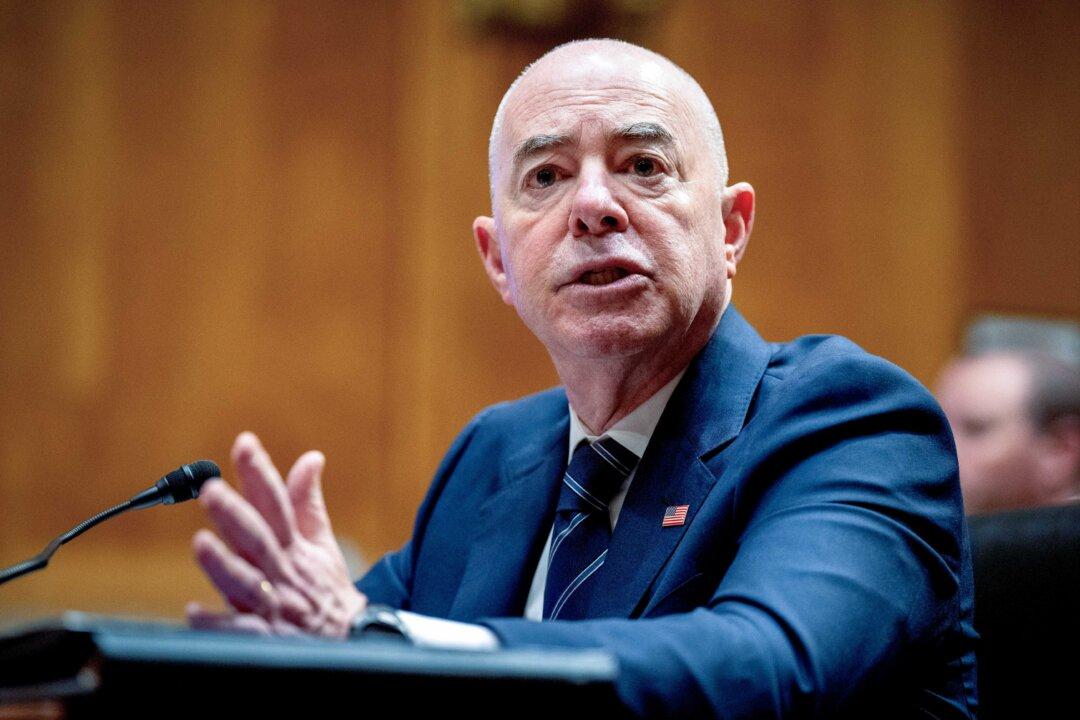The Biden administration on May 16 announced plans to accelerate court cases for asylum seekers crossing the southern border in an effort to address the issue of rising illegal immigration ahead of the November election.
Secretary of Homeland Security Alejandro Mayorkas and Attorney General Merrick Garland released a new Recent Arrivals Docket process to expedite the resolution of immigration cases for certain illegal immigrants who are single adults caught crossing the border with Mexico.





